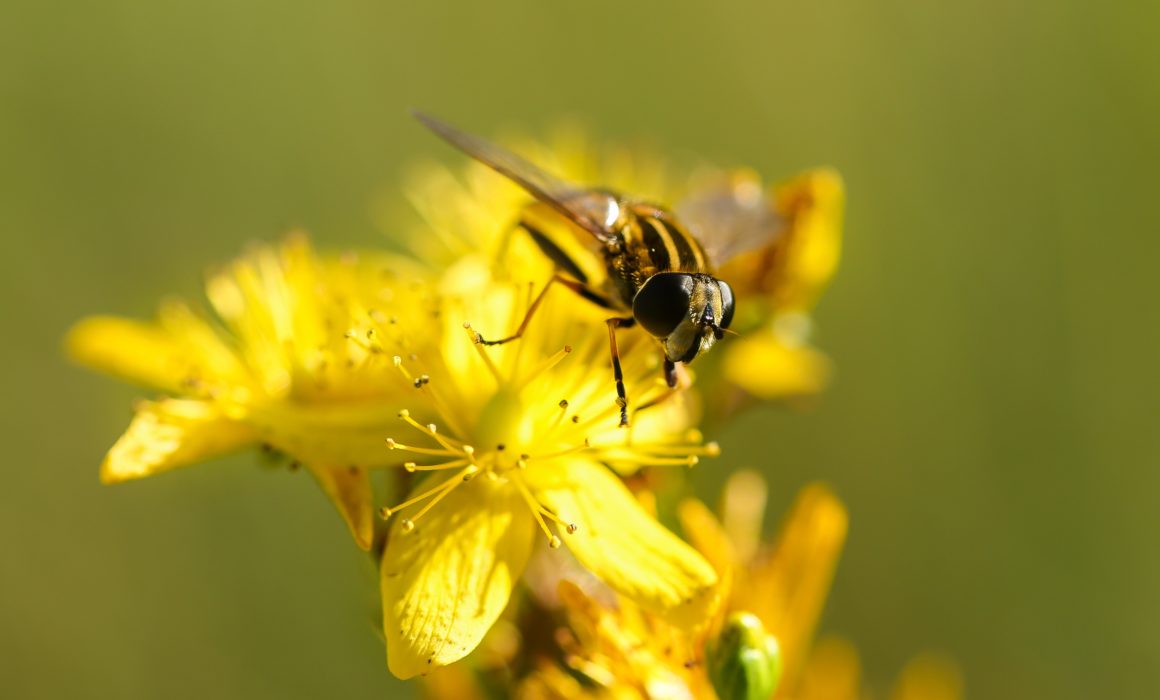Diet and nutrition
The body uses a lot of resources during stress and when constant anxiety is present the demands skyrocket.
READ: What causes anxiety?
B group vitamins are essential for correct nervous system function. Usually these can be found in abundance in a healthy wholefoods diet, however, when people are suffering from anxiety a supplement is warranted.
Research shows that a low magnesium intake increases anxiety. A high dietary intake of fat and/or calcium can intensify these effects by disturbing the magnesium-to-calcium ratio. Magnesium is found in red meat, chicken, nuts and seeds. However, a high dose supplement is essential.
Omega 3 essential fatty acids support brain and nervous system health. Daily supplementation over 12 weeks has been shown to reduce anxiety scores in medical students in a randomised controlled trial.
N-acetyl cysteine regulates the release of the excitatory neurotransmitter glutamate, and has been shown to significantly reduce anxiety-driven behaviours in Obsessive Compulsive Disorder (OCD).
Myo-inositol is another nutrient that has shown efficacy for reducing symptoms in OCD.
S-adenosyl methionine (SAMe) and 5-hydroxytryptophan can be very useful, due to their powerful action on the serotonergic system. These cannot be taken with other antidepressant medication and need to be professionally prescribed.
READ: What causes anxiety?
Herbal medicine
Herbal medicine offers a wealth of benefits for people suffering anxiety, and when professionally prescribed, can be used safely alongside standard pharmaceutical therapy. Herbs support the nervous system, balance neurotransmitters, and restore healthy adrenal function.
Withania, or ashwaganda, is a beautiful Ayurvedic herb that has traditionally been used for anxiety. It acts as a nervous system tonic and sedative and powerfully regulates adrenal function. It has been shown to reduce anxiety by 56 percent in a clinical trial while improving overall mental health, energy levels, concentration, and social functioning.
Other beneficial adaptogenic herbs that regulate adrenal function include rehmannia and American ginseng.
Originating from the South Pacific islands, kava has been used traditionally for relaxation and to induce sleep. It has been the subject of several randomised controlled trials and one meta-analysis found that kava significantly reduced anxiety compared to placebo.
Clinical trials have found passionflower to be as effective as pharmaceutical benzodiazepines in the treatment of anxiety.
Lemon balm and valerian in combination significantly reduce anxiety when administered in a moderate dose.
Other nervine herbs include skullcap, oats, lavender, hops, lime tree and zizyphus.
St John’s wort has potent anti-anxiety and antidepressant activity and can be useful to help balance neurotransmitter function. Note that this herb cannot be used alongside medical antidepressant medications and should be professionally prescribed.
Stress management
Counselling, cognitive behavioural therapy, and autogenic therapy can all be very effective in the treatment of anxiety. These types of therapies are an important part of any anxiety recovery program. They help us to identify the triggers of anxiety and develop new stress management skills.
Developing a personal meditation or mindfulness practice is very beneficial. These are learned skills that can take some time to master, but can make a world of difference in the fight against anxiety. Once you have mastered these skills you can use them to treat anxiety and prevent its return.
Gentle movement, stretching and breathing exercises help to relieve stress, reset the body’s circadian rhythms, and regulate neurotransmitter production and adrenal function.
There are many different forms of traditional exercise therapy, such as yoga, Tai chi and Qi qong, which help us to reconnect with the body and retrain the disordered breathing that is common in anxiety.
Studies on the effects of yoga have shown that 71 percent of patients who had not responded well to pharmaceutical treatment for anxiety were able to significantly reduce their symptoms with regular yoga practice – and of these, 41 percent of participants studied went into remission.

